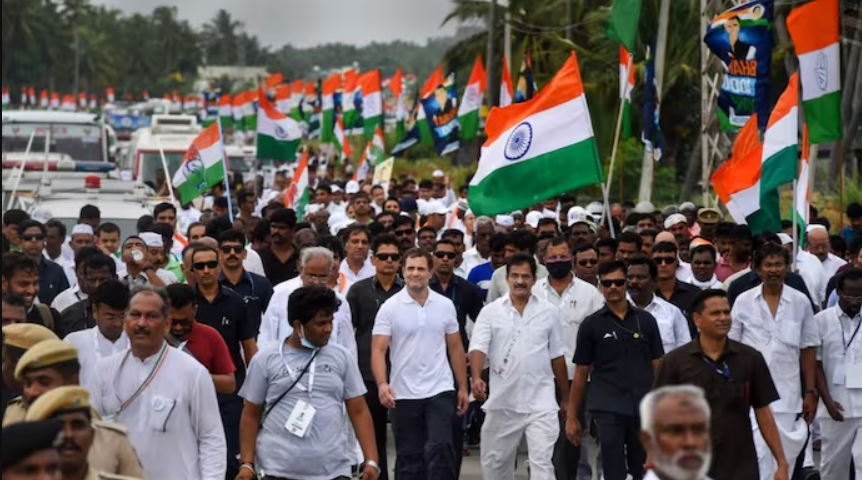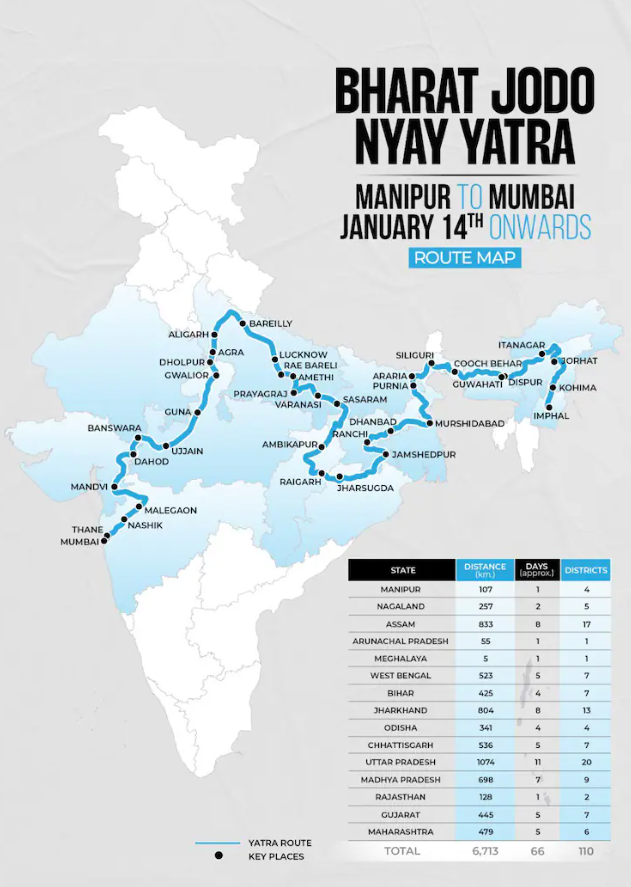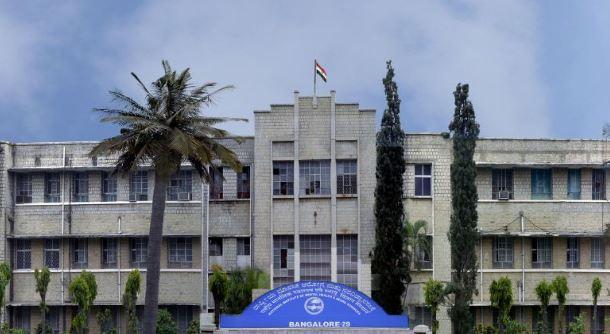Congress Renamed Rahul Gandhi’s Yatra Across 15 States as ‘Bharat Jodo Nyay Yatra’ and Shared the Route Map

The Congress party leader Rahul Gandhi is set to embark on an extensive foot march, now renamed ‘Bharat Jodo Nyay Yatra,’ spanning 6,700 kilometers across 15 states. The march, previously named ‘Bharat Nyay Yatra,’ is scheduled to commence on 14th January 2023 from Manipur’s capital, Imphal, and will cover a diverse range of regions, concluding in Maharashtra on 20th March 2024.
Name Change Announcement: A Strategic Move
In a press briefing, Congress General Secretary Jairam Ramesh explained the rationale behind changing the yatra’s name. The decision was made during a meeting chaired by party chief Mallikarjun Kharge, attended by party general secretaries, state in-charges, state unit chiefs, and Congress Legislature Party leaders at the party headquarters in Delhi.
Ramesh emphasized that the modified name, ‘Bharat Jodo Nyay Yatra,’ symbolizes the Congress’s commitment to connecting and unifying the diverse fabric of India. He stated, “The message passed on by ‘Bharat Jodo Yatra’ across the country, we will take it forward with the help of this Yatra.” The march is seen as an opportunity for Rahul Gandhi to present his views on social, economic, and political justice directly to the public.
Ramesh said the Congress invites all INDIA bloc leaders to participate in this yatra. Moreover, he also expressed confidence that the upcoming Rahul Gandhi’s march would be as impactful and transformative as the previous ‘Bharat Jodo Yatra’ from Kanyakumari to Kashmir.
Scope and Route of Bharat Jodo Nyay Yatra
Rahul Gandhi is gearing up to cover an extensive route, spanning 6,700 kilometers and traversing 110 districts over 66 days. The yatra will commence in the northeastern states, move through the north and central regions, and conclude in Maharashtra. The emphasis on Uttar Pradesh is noteworthy, where the marchers will spend 11 days covering 1,074 km across 20 districts.
Key Route Highlights
- Manipur (Starting Point): The yatra kicks off from Imphal on 14th January 2024.
- Uttar Pradesh: A major focus, covering 1,074 km across 20 districts.
- Bihar: Encompassing seven districts with a 425 km route.
- Jharkhand: Covering 13 districts with an 804 km route.
- Conclusion in Maharashtra: The yatra will culminate on 20th March 2024.
Logistics of the Yatra
Jairam Ramesh revealed that the extensive journey of over 6,713 km will be a combination of travel by buses and on foot. The route is strategically planned to cover about 100 Lok Sabha seats and 337 assembly segments, ensuring a widespread outreach to diverse communities. The Congress party aims to leverage this ambitious yatra to bridge geographical disparities and establish a direct connection with the grassroots.
Political Significance: Rallying INDIA Bloc and Transformative Impact
Ramesh extended invitations to all INDIA bloc leaders to participate in this transformative yatra. He expressed optimism that the march would prove as impactful and transformative as the previous ‘Bharat Jodo Yatra’ from Kanyakumari to Kashmir.
Strategic Emphasis on Key States
Uttar Pradesh:
The significant duration spent in Uttar Pradesh, with 80 Lok Sabha constituencies, underlines the party’s strategic focus on a state where the Congress has faced challenges in recent elections. The march aims to address the political landscape and engage with the people directly.
Bihar and Jharkhand:
Covering seven districts in Bihar and 13 in Jharkhand, the yatra seeks to make a political impact and strengthen the Congress’s presence in these regions.
Way Forward: Congress’s Vision for a Connected India
The ‘Bharat Jodo Nyay Yatra’ symbolizes the Congress party’s commitment to creating a connected and united India, addressing social, economic, and political concerns. Rahul Gandhi’s extensive journey aims to transcend regional boundaries, connecting with people on the ground, and setting the stage for the upcoming political landscape. The yatra is not merely a physical journey but a political and symbolic move to bridge gaps and foster a sense of unity across the diverse tapestry of the nation.






